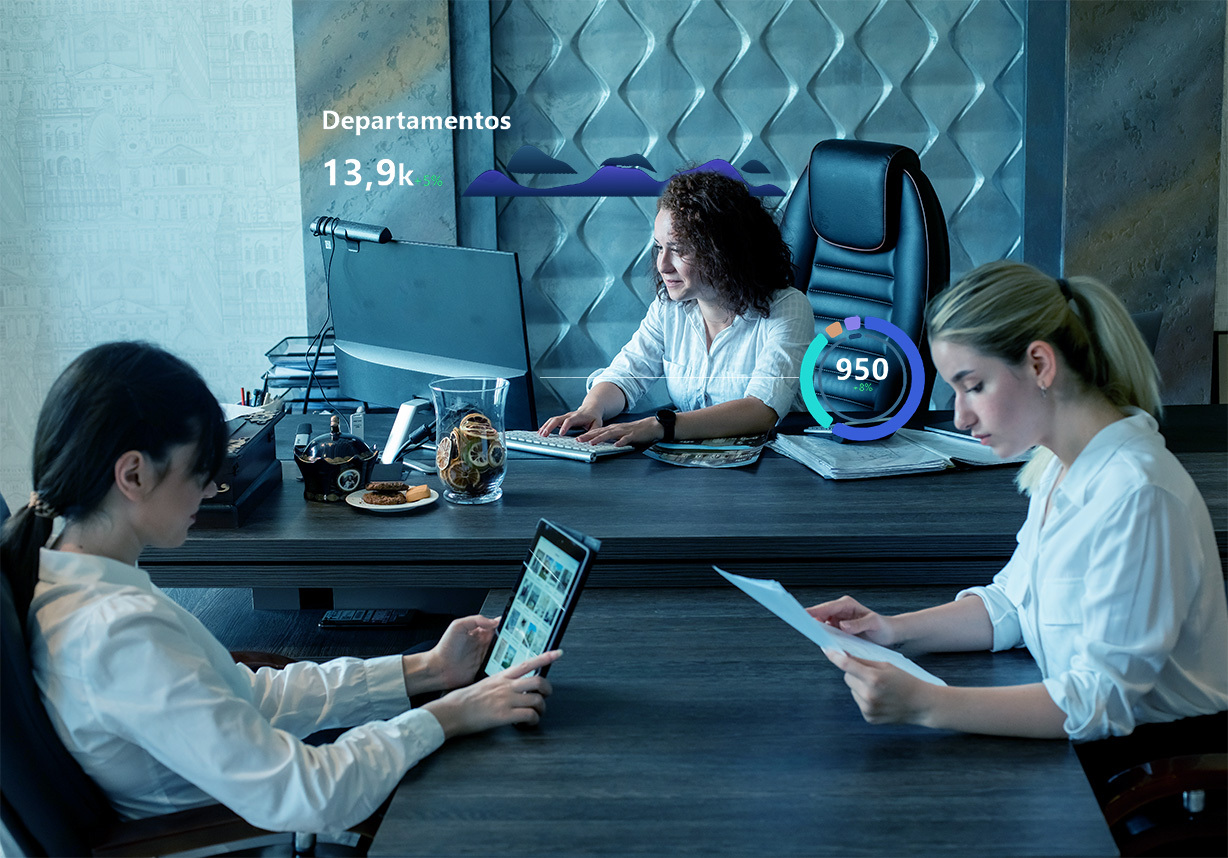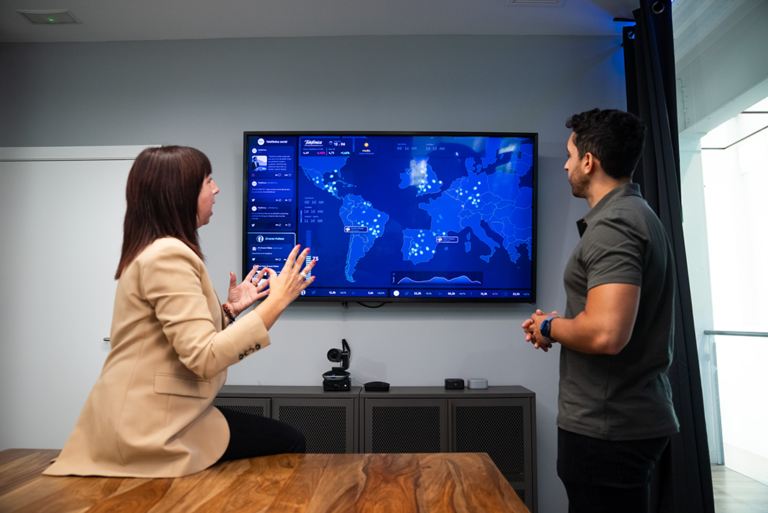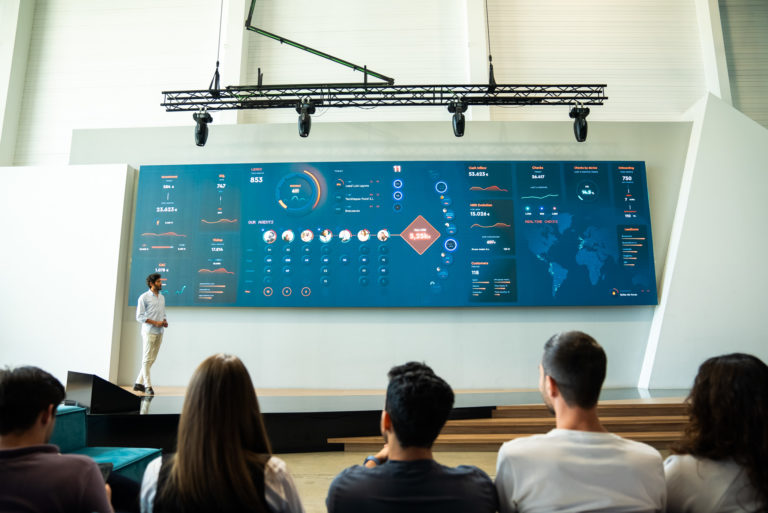The challenge of digitization in the hotel sector

After the breakfast-colloquium in which we met with several managers from the hospitality sector, we discussed several topics related to business digitization and the use of data within the hotel sector.
What can digitization offer the hospitality industry?
Digitization in hospitality goes beyond implementing systems: it is an unbeatable opportunity to create personalized environments to enhance the customer experience, offering significant benefits in terms of brand image and online presence:
- The creation of an online request system.
- Express check-in.
- Menu adjustments according to the most popular dishes.
- Promotion of personalized offers based on the expectations and tastes of our customers: yoga sessions, spa, toy library services, etc.
The training of staff to access these technologies and guarantee total data privacy is crucial to carry out this process correctly. In this way, new lines of business can be opened up in accordance with the habits of today’s consumers. In addition, we have within our reach the possibility of offering customers the experiences that we sense will suit them best, depending on their needs and type of trip: as a couple, family, anniversary celebrations, etc.
Taking control: how to organise data in the hotel sector
Hotels generate a huge amount of data every day: social networks, platforms such as Booking, the PMS with which the hotel itself works, etc. Data that, on its own, is worthless if we do not interpret it correctly and give it the value it deserves. To do this, we need tools that help teams to have the ability to draw conclusions and truly understand what is happening in the day-to-day running of our hotel.
For example, KPIs such as Average Daily Rate or Revenue per Available Room allow us to efficiently measure the financial performance of our hotel. However, if they are not controlled correctly, they can lead to wrong decisions in pricing strategies, which would affect the hotel’s profitability and, therefore, loss of competitiveness.
This is why it is essential to have dashboards that allow us to visualise the data in the most visual and objective way possible.
Data in the hotel sector at the click of a button
Streamlining processes such as booking hotel rooms or managing customer requests in advance is possible thanks to efficient data management. Moreover, as an industry that encompasses such a wide variety of businesses as hotels, restaurants, catering services, wellness or entertainment, the process of monitoring all their movements is key to improving the efficiency of internal communication.
Imagine a hotel that offers not only accommodation services, but also a restaurant, a gym, a golf course and a relaxation centre. As you can see, a significant amount of services that translates into the management and control of a great deal of data every day. There are dozens of reservations that are handled, customer requests that arrive by different means (in person, by phone, by email), last minute changes, control of the offers booked by different platforms… If all this is not controlled, it will result in: poor and inefficient management of our services and, therefore, we will have a dissatisfied customer.
Everyday life in the hotel: how teams go digital
Good data management in the hotel sector is not a whim. It is no longer just a question of improving our business operations and being more competitive. It is about putting our team and digital tools in the balance. A weapon that undoubtedly helps and optimises the day-to-day, facilitates the way of working and avoids “double work“.
From the hotel reception to the restaurant team or the revenue managers. It doesn’t matter the position. Good data management and visualisation makes us much more efficient. Tasks are automated, there is less margin for error and, in addition, we can go a step further and have a system of real-time alerts and notifications that inform us of the most important KPIs in the hotel industry:
- Revenue per room (RevPAR).
- Check-ins and check-outs that occur on the day.
- Special requests from customers.
- Occupancy rate.
- Latest online customer reviews.
- Website conversation rates
Not only does this help us to work and deliver a service that is more tailored to our customers’ expectations, but it also frees up time. In this way, employees can focus on activities that require a more human interaction that helps improve the customer experience. Let’s remember that in the end, this is about people.
Towards a smart tourism future in the hotel sector
The real-time monitoring of data within the hotel sector allows us to go deeper into what is known as tourism intelligence, which is applied in a multitude of fields:
- Development of effective promotion strategies.
- Management of tourist traffic.
- Forecasting hotel market trends.
- Personalization and adaptability of experiences.
This technological and communicative hyperconnectivity forces us to transform data into insights. At Zeus we help empower each of these businesses, putting data and people in the balance.



